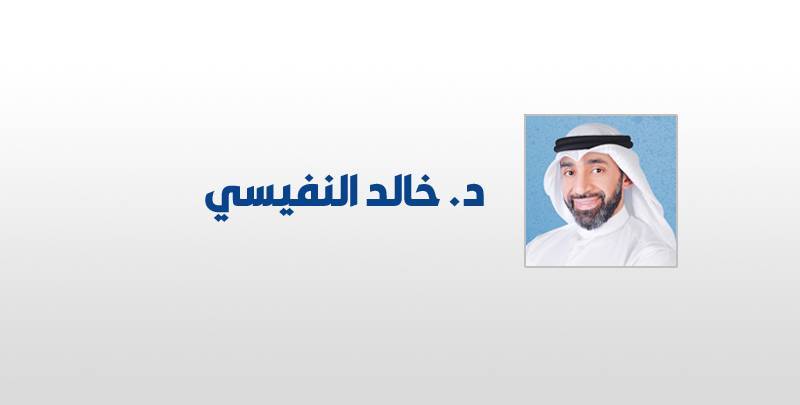Logically, and against the backdrop of the huge sums that the state spends on the Ministry of Education and the resonant and successive statements of parliamentarians in the National Assembly, citizens are anticipating a rise in the levels of educational and cultural attainment for their children, an increase in job opportunities, a tangible improvement in the quality of educational services provided in public schools and universities, and more knowledge-based societal development. However, in the absence of tangible results that can be expected in the aforementioned areas, citizens find no choice but to express their impatience with what is issued by the government and the National Assembly. The demands calling for reform and development, which are two basic conditions that allow citizens to enjoy more prosperity and societal well-being, require the two authorities to go beyond the promises made by candidates during their electoral campaigns, and the executive authority to change its method of formulating policies to draw a vision that dispels citizens’ fears and meets their needs. In order for its work program to be able to attract community support and continuity, whatever the general political circumstances.
I know that formulating policies is a complex process that requires careful preparation and planning, and I also know that the practice of legislation is no less complicated than its predecessor due to its need for studies and logical analyses, both vertical and horizontal, at a minimum, but our current reality indicates beyond any doubt that we have retreated from that limit, as The policies and legislation adopted are often subject to the whims of people and currents that deviate from the right path in the educational institution and make its workers lose the compass of production, which will not have good consequences because it is simply the biggest influencing factor in the making of a citizen who either builds his homeland or abandons it. The obvious truth here is that the Ministry of Education must distance itself from all forms of improper political practices from all parties, and remain neutral when it comes to the real wealth of the country.
There is nothing new in the mill of Kuwaiti politics, as it is like the waves of the sea between tides and ebbs, which we have learned and developed some skills to coexist with. However, in the past few years and due to the depth of differences between those who are supposed to legislate for development and improvement (the National Assembly) and those entrusted with implementation and correction (the Parliament Ministers) and by virtue of the continuous work with all levels of employees in the Ministry of Education, there is a serious challenge that imposes itself in all sectors of work in it, and it almost constitutes a common ground between them, despite the different nature of work and the size of their projects. This is because the absence of work based on plans on the one hand and the loss of tangible solutions to deal with new policies (continuous modernization of the two authorities and those in charge of them) on the other hand has led to the emergence of a new pattern of employees who focus most of their attention on taking care of their personal interests, and a specific group of people around them to ensure their continuity and refrain from Work in accordance with the modern policies of officials because change is coming, and those who are ahead of us will soon become obsolete. Thus, the Ministry of Education fails to achieve the true purpose of its establishment, and its system is no longer able to dispel the real fears that gnaw at the citizens, as education is no longer real and does not provide the minimum requirements for academic admission to complete university studies, nor the requirements of the labor market in terms of manpower, and thus stability homeland and the permanence of its human wealth.
Dr. Khaled Al-Nafisi
Published in Al-Qabas newspaper




